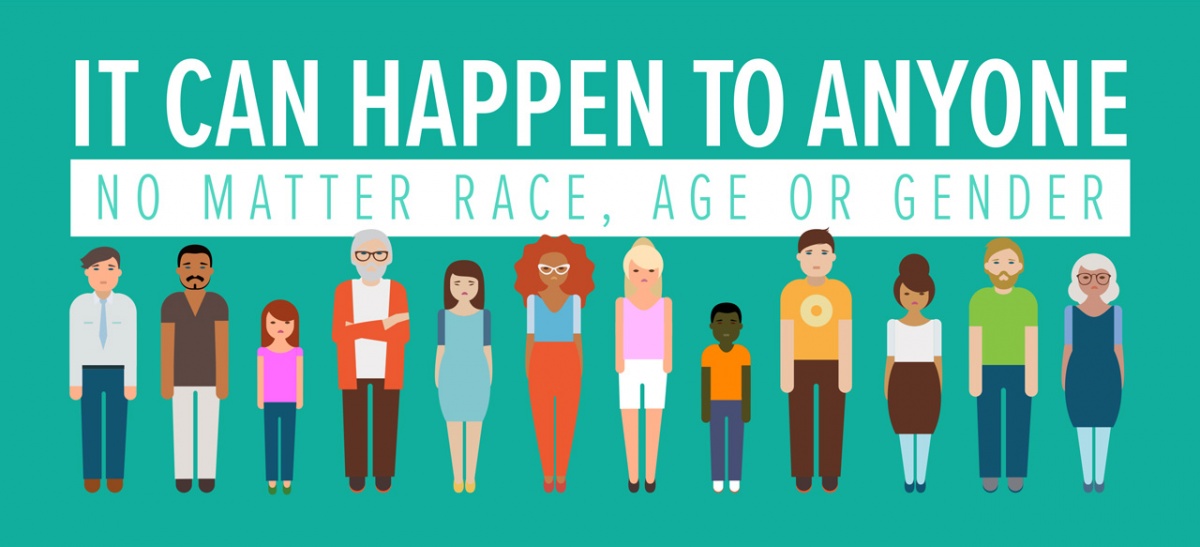
Stigma is a negative characteristic attached to a person as a result of the influence of their environment. Surrounding the sex industry, whether it’s by choice of work or in this case forced sexual exploitation, there is an enormous stigma which attaches itself to the victims. Lack of general understanding affects individuals who are re-assimilating into society, leaving them with feelings of isolation which often manifest into depression and anxiety. An open conversation to dismiss the falsities of sex trafficking victims is crucial for the general public to become more educated and therefore, more empathetic with the realities of victims situations. The language we use and the content we consume are often fueled by common misperceptions of a human trafficking, so let’s discuss how we can be more conscious of our consumption.
take a stand in combatting stigma
- Analyze harmful social norms in the world around you. Look out for words and phrases whose meaning falls deeper than the context they are being used in.
- FOR EXAMPLE: Is the word ‘pimp’ used to refer to someone positively, rather than a child trafficker?
- For the most part, the media we consume is our decision to make. Take note of what the media you often view is trying to say.
- Does the media you consume (music, television, advertising) portray women as objects rather than people?
- Check out anti-trafficking laws, trainings and resources in your area. See some room for improvement? Voice your concern with your local representative and community leaders.
**Points provided by UNICEF (edited), read the full article here: https://www.unicefusa.org/stories/end-stigma-end-trafficking/33865
70% of all people subjected to modern slavery are women and girls (UNICEF)
Gender norms play a significant role in the susceptibility of girls and women being trafficked. Norms which dictate women’s education, or lack thereof, or common stereotypes depicting women as objects, commodities which belong in the household, all play a role in excluding women from opportunities which might steer them away from a life of exploitation.
These harmful social norms reinforce barriers that compromise girls’ futures by excluding them from safe and legal work or perpetuating the notion that early marriage is a girl’s only option for protection and social advancement.
-UNICEF
Women are often left with intense trauma and shame after escaping the industry and are in need of counseling and other forms of external assistance for rebuilding/resuming their lives. Unfortunately, negative stigma continues to keep sex trafficked women behind closed doors and away from this necessary assistance. Many are disowned for the reputation they’ve garnered and others are criminalized for actions they had no choice in taking. There is a serious issue here with society’s lack of empathy in reintegrating these individuals back into their normal lives.
Instead, let’s shift the stigma from the victims to the perpetrators of the sexual violence. Stigma is a result of the victims environment, and the perpetrators are the ones inflicting these circumstances onto the individuals. Victims are forced into these compromised positions, and while we place a focus on those who are most vulnerable to these situations, the reality is that human trafficking happens almost everywhere, and anyone could be a target.
